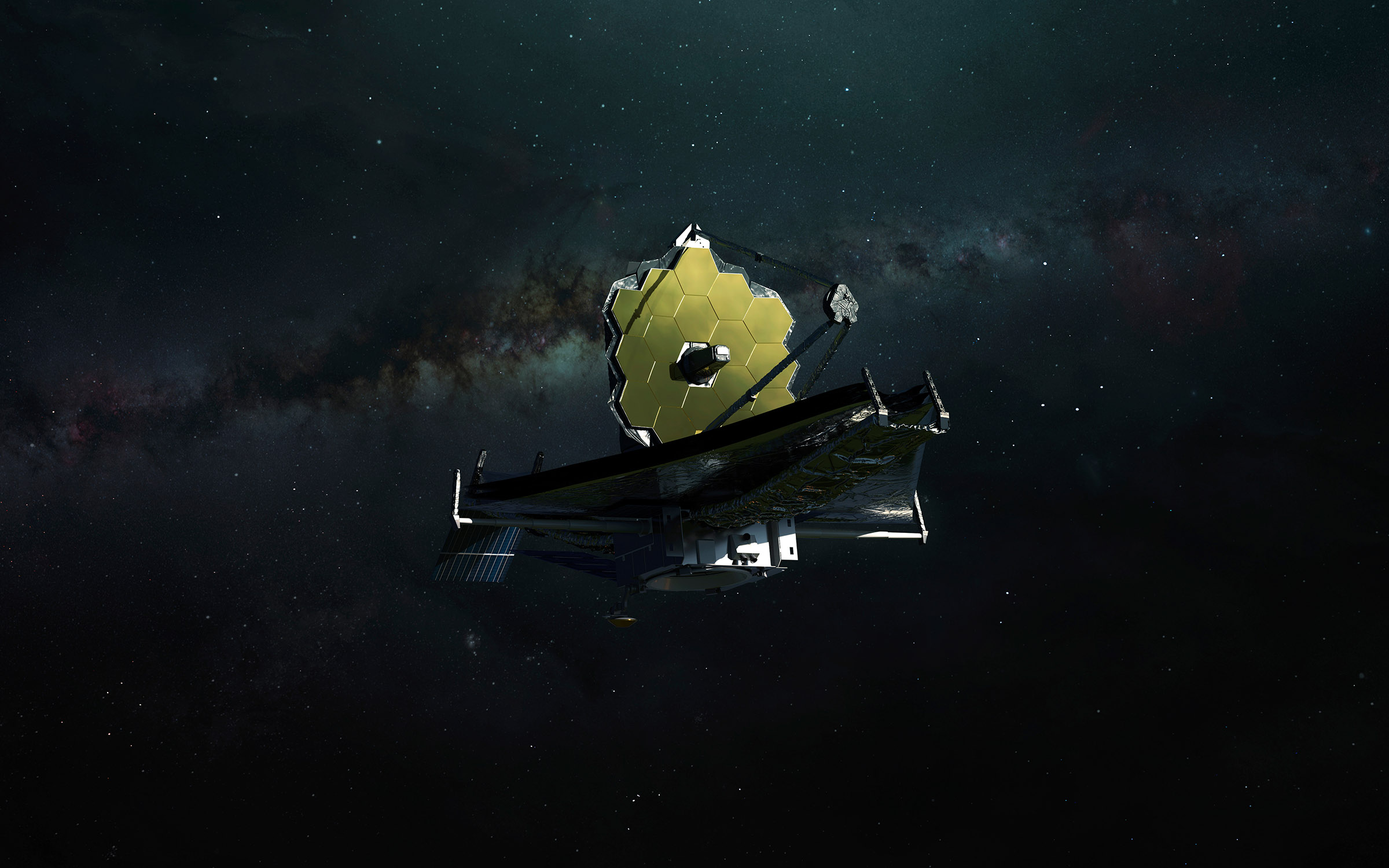Scientists are baffled by a recent James Webb discovery. The discovery in question is detailed in a new study published in Nature. It details observations of a galaxy known as ZF-UDS-7329, which is estimated to have formed just 800 million years after the Big Bang. This makes it one of the earliest galaxies we know of, and yet its existence makes no sense based on our current universal models.
The results of Webb’s observations show that the galaxy was observed as it existed over 11.5 billion years ago. However, closer inspection of the stars shows that the population formed much earlier, around 1.5 billion years earlier in time.
This completely upends our current cosmic modeling, as scientists believe there could not have been enough dark matter in the early universe to seed the formation of these large galaxies that close to the dawn of time. Of course, these early galaxies have long made us question the models we use to understand the universe.

And that isn’t a bad thing, either. Questioning our understanding of the very nature of our universe is good, as it pushes us to learn more about the very fabric of the expansive universe that we live within. The team responsible for the paper says that they have spent seven years chasing the galaxy and observing it.
Understanding the formation of early galaxies is always going to raise new questions, as we’re looking at those galaxies from the outside in. And, since we’re observing them from so far away, it’s almost impossible to say exactly how they would have formed. But learning more about them can form new theories.
And that seems to be the case here. By discovering these larger galaxies that, by all accounts, shouldn’t exist based on our current models, we’re able to look at the universe through a new lens. Scientists still believe that dark matter plays a large part in the formation of new galaxies. All we have to do now is figure out when dark matter reached the point that it could form these massive galaxies, and it will help us learn more about the universe’s age and its earliest years.








